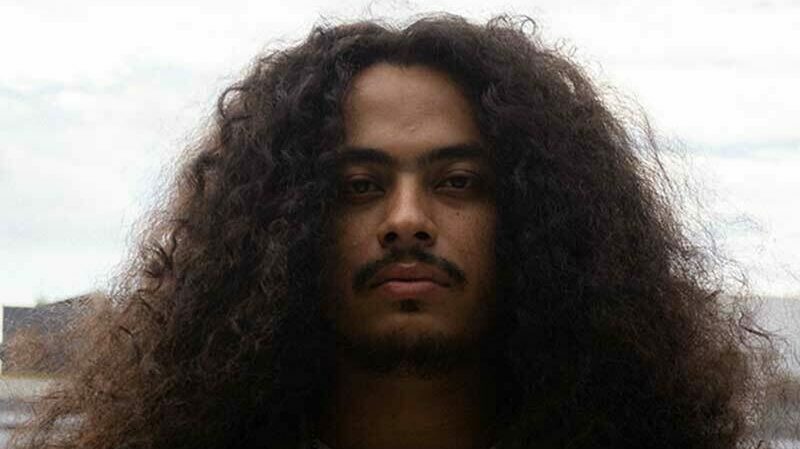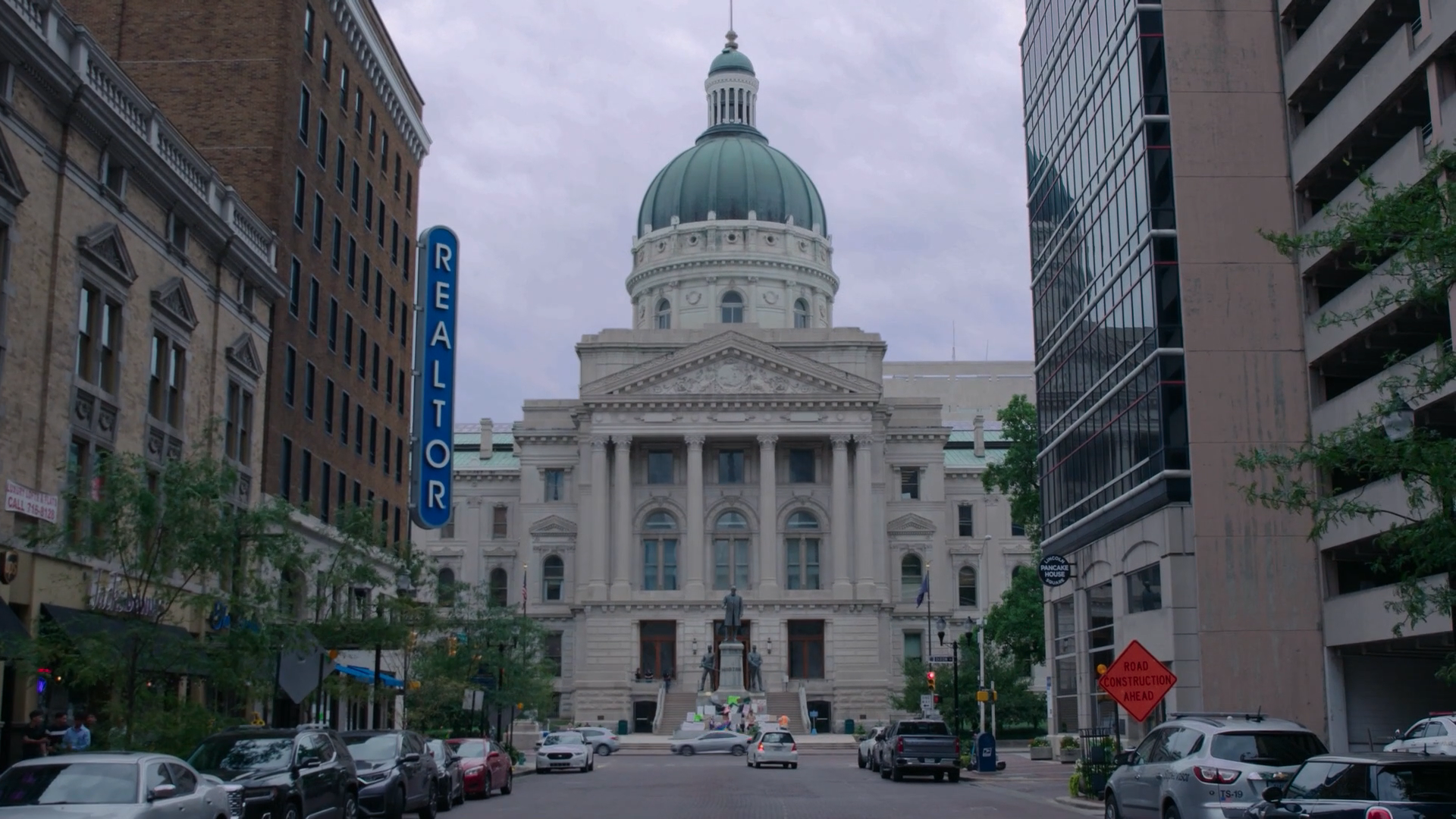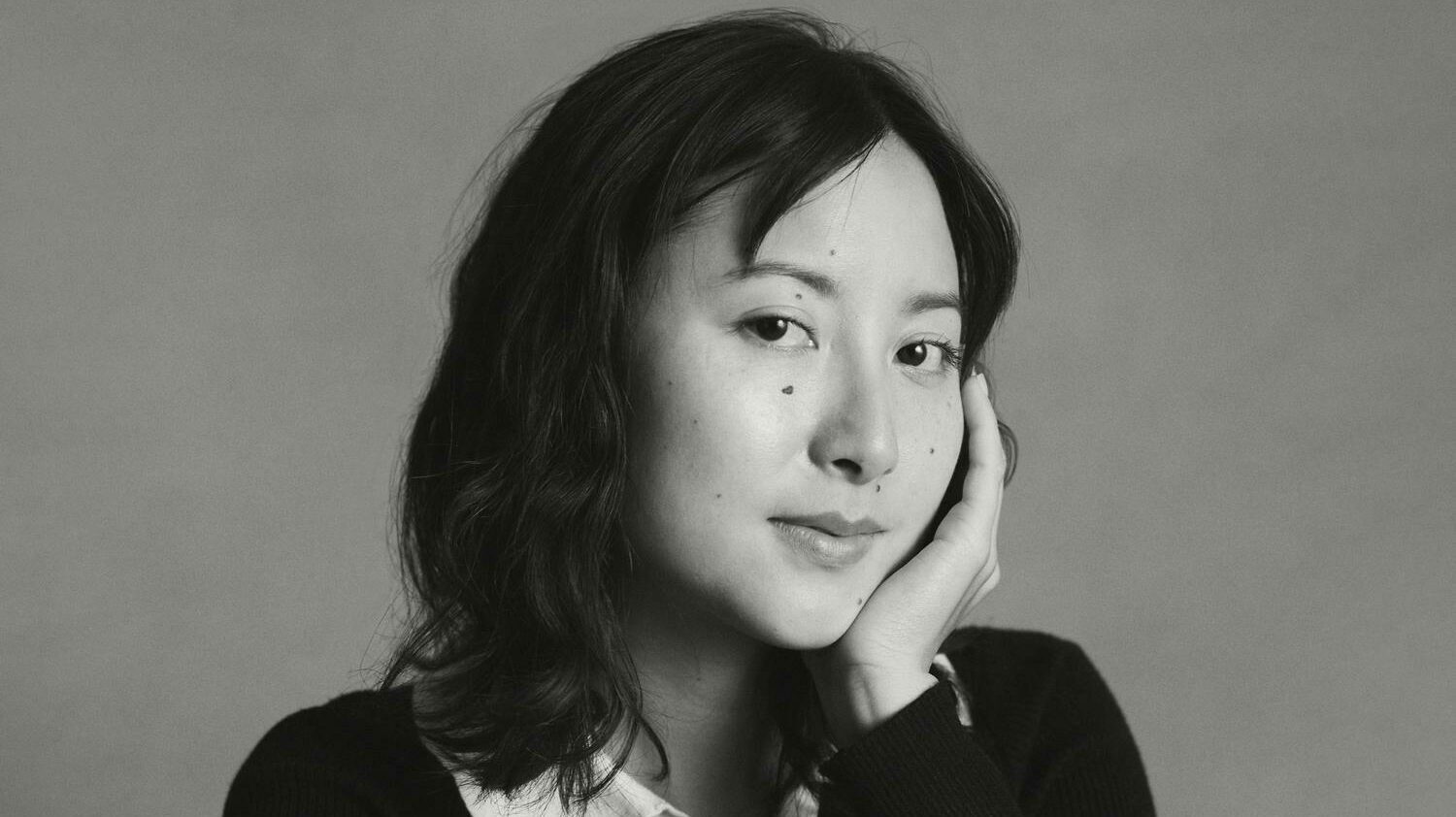Q&A with 'Joyride' Writer-Director Edwin Alexis Gómez
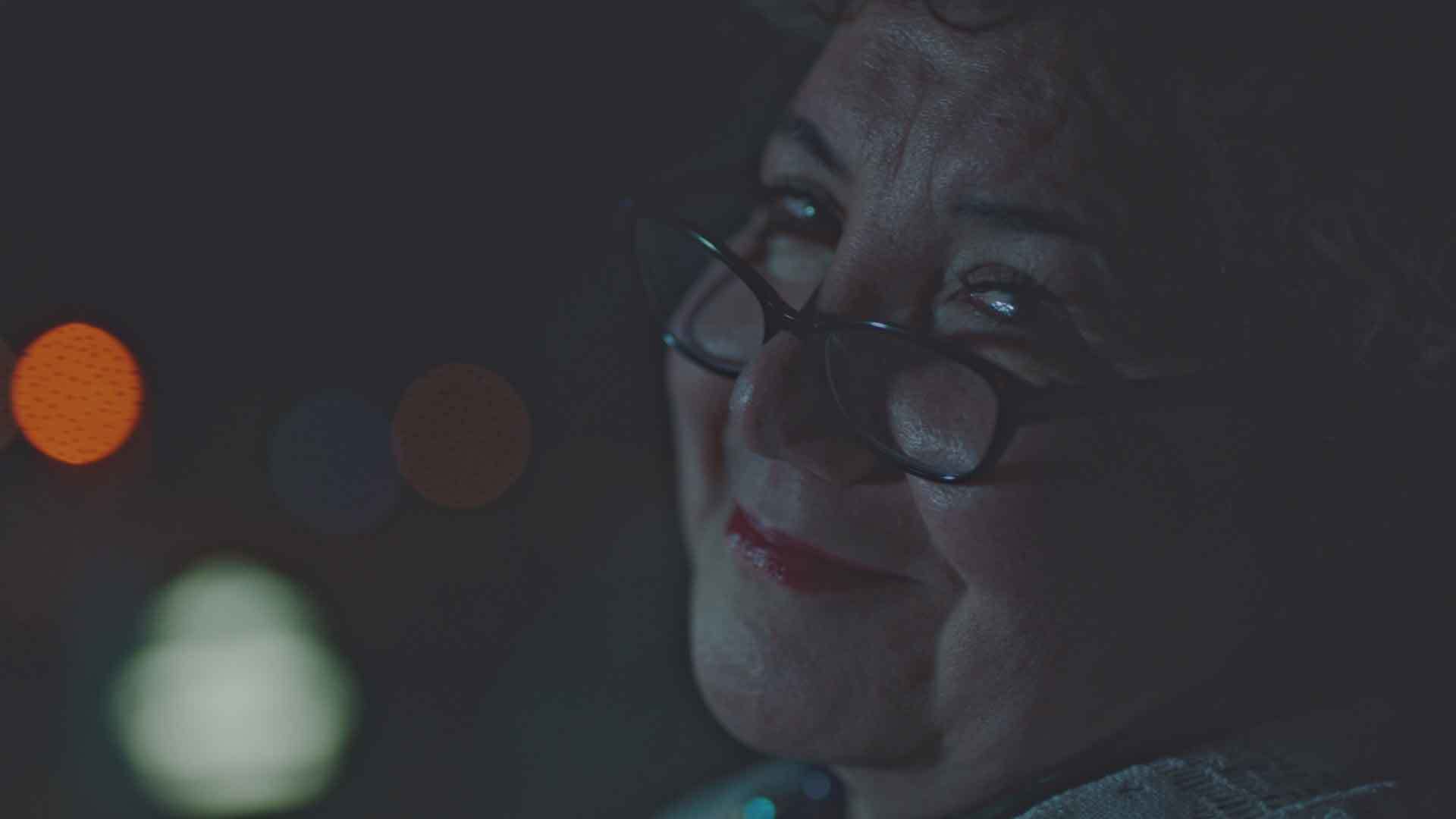
Latino Public Broadcasting spoke with Writer-Director Edwin Alexis Gómez on the thematic elements that live within the film "Joyride."
Latino Public Broadcasting: The relationship between the sisters and their grandmother is a beautiful reflection of female relationships. What were you hoping to express through their sisterhood?
Edwin Alexis Gómez: Thank you for seeing the beauty in the relationship of this trio and the sisterhood they built across generations. The performances of Jenny Trevino, Stacey Patino and Blanca Araceli really brought the sisterhood of this triad to life!
I had the privilege of always being around strong Nicaraguan women growing up. I was very quiet and observant as a child and was able to bear witness to the sisterhood that existed between my female family members and their friends. While I played, I would often marinate in the conversations adults would have in the dining room.
Through their jokes, laughter, intense emotions and tears, even if I didn’t understand exactly what the matriarchs of my family were going through in my youth, I was able to understand that when we speak about our lives, we build bridges with others.
I was hoping to express something that I feel my late mother would always try to impress on me, which was if I just took the time to listen to what she was offering, if I valued her life experience I would save myself from a lot of suffering. I would estimate that 95 percent of the time my mother was right. I know all teens have a need to push against authority, but sometimes I wish I could go back to 15-year-old Edwin and tell him to listen a little to the gold being shared. I laugh about it now because I know my mom is up there saying “Vez tenia razon!” (“See I was right!”).
I wanted to make sure that I could remedy all those times I did not listen to my mom in "Joyride" since Juana is a composite of my mother and grandmother. In many ways Marina and Karina serve as the two sides inside of myself: the part that is ready for adventure and to dive in and the cautious worrier that is constantly questioning themselves.
Intergenerational dialogues are critical because we have so much to learn from each other and what we have lived, especially with everything we are collectively living in this country with the pandemic and the need to make our communities safe for everyone, but especially our Black brothers and sisters.
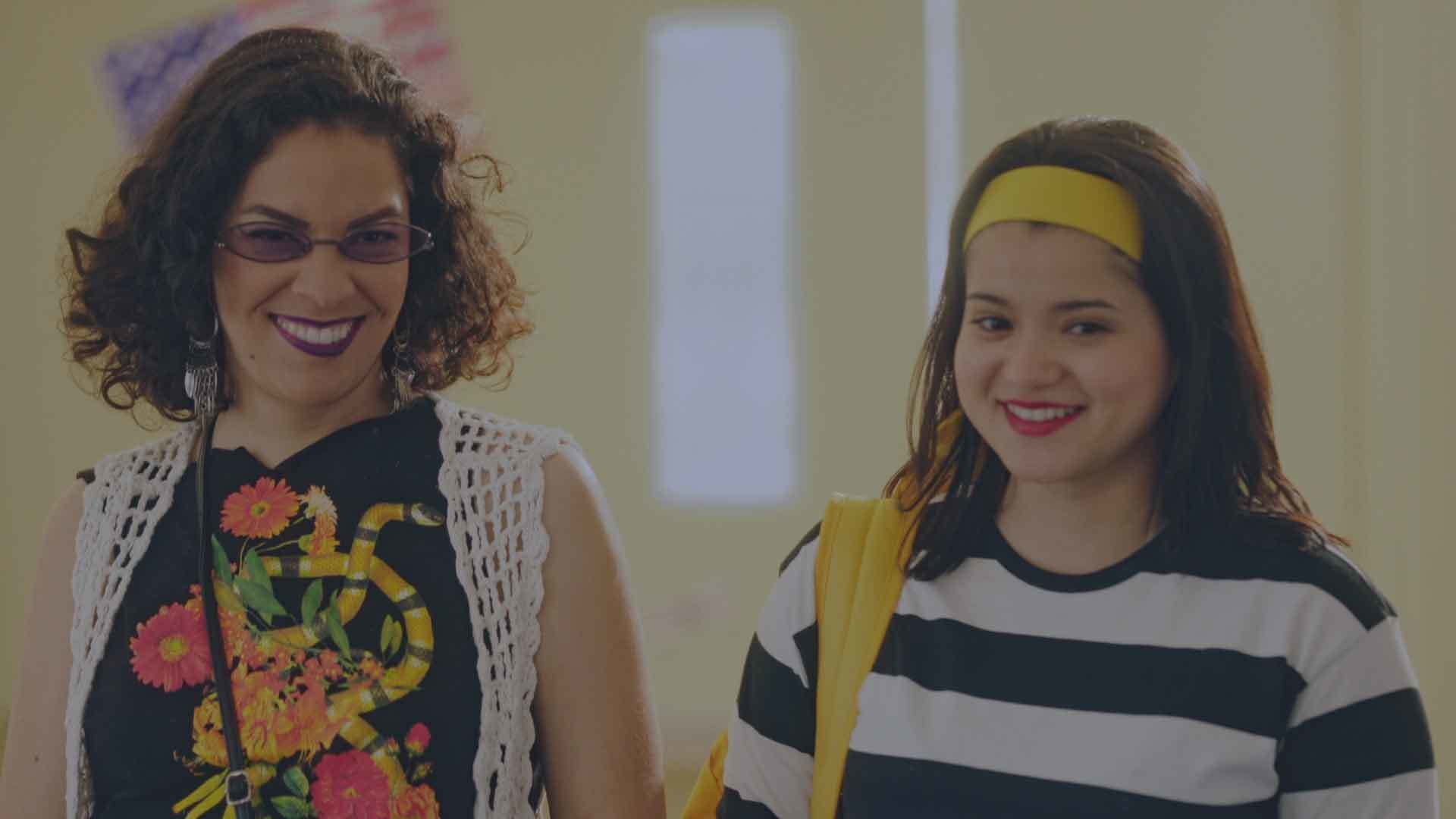
Latino Public Broadcasting: The film tackles the issue of domestic violence and its impact on one of the characters. How did you approach your intended message within the dark, heavy trauma of domestic violence?
Edwin: As a storyteller, it’s critical for me to remember that the decisions and experiences of my bloodline are alive in my own life. All of the beautiful and painful things that happened to my ancestors have led me to where I am now. The intimate lives of my characters reflect this theme because they are a product of their bloodlines as well. We are all tethered to our history.
Oftentimes in our society when we speak about trauma and the painful things from our past, we focus on PTSD and rarely showcase the post traumatic growth that emerges from an experience along with the ways that we become stronger. I think the growth that emerges is harder to pinpoint because of how painful a lived experience is.
That being said, I would say that it is not just Juana that is impacted by the domestic violence she survived. Juana’s daughter, Marina and Karina’s mother, was deeply impacted by growing up in an environment with domestic violence, and ultimately the ways in which the sisters were reared was impacted.
One of my favorite things written is by the poet Rumi, “The wound is the place where the light enters you.” In many ways Juana is the embodiment of this concept, a woman in the twilight of her life making peace with one of the most painful things in her past. That experience allowed her to find her light and be a light in the life of her granddaughters and family.
As Latinx folx we have many "Juanas" in our lives every day. They are our sisters, our nieces, our aunts, our cousins, our mothers, grandmothers and anyone that has survived migration, war and violence in its many forms. It is their light that always guides us when we confront our own wounds and darkness.
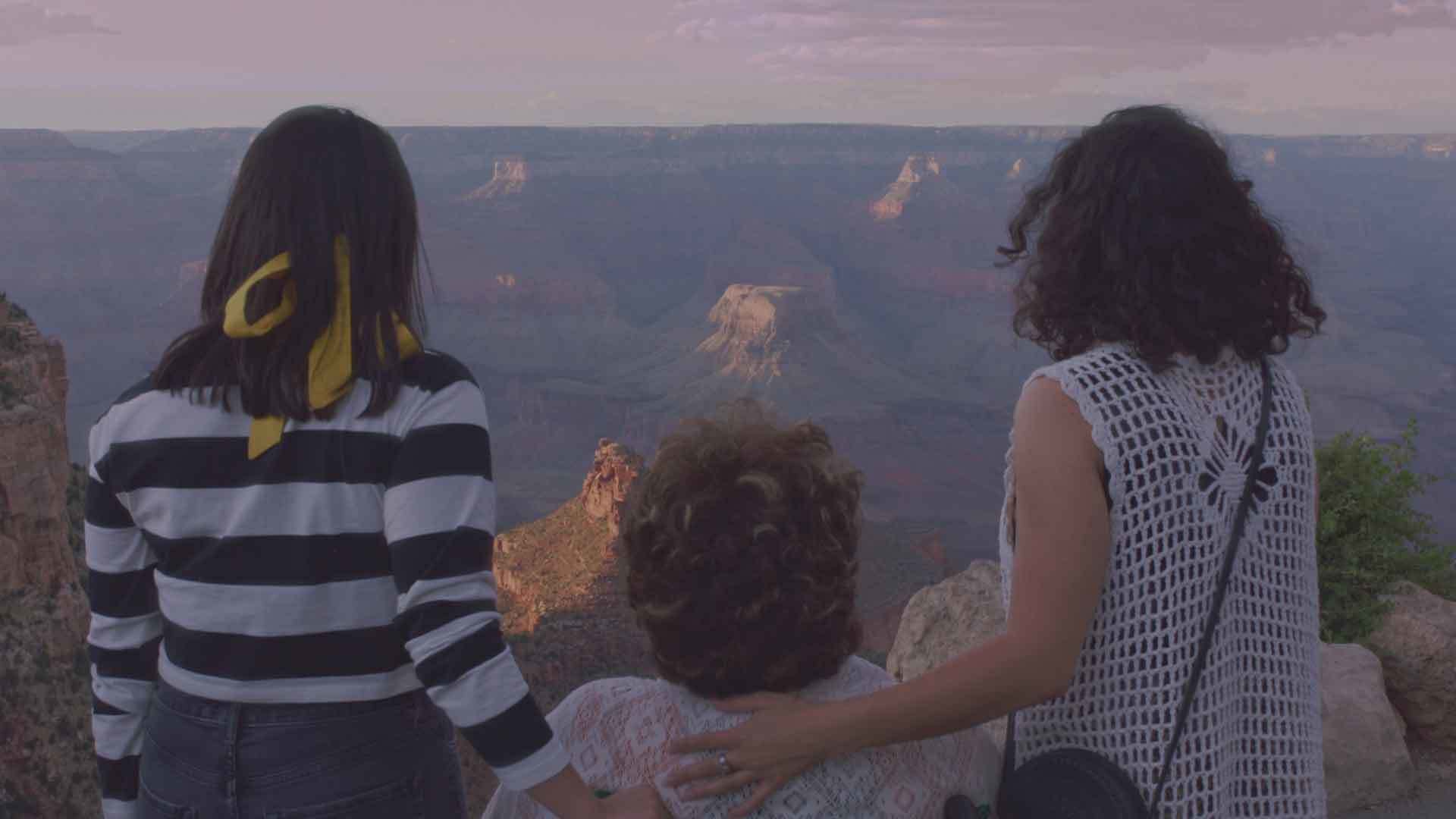
Latino Public Broadcasting: A moment at the Grand Canyon signifies a new beginning for the grandmother, what are your thoughts on the ability to move forward from the past?
Edwin: I would say this is a difficult question to answer because moving forward from our past cannot have a one-size-fits-all approach. There are nuances we must consider, and as much as I wish healing was linear I am staunchly aware that it is anything but that.
We don’t wake up one day and say “Okay, I’m healed, I can move on and finally be happy.” We don’t know what the future holds or if something will parallel an experience from our past and bring back those uncomfortable memories and feelings.
Healing and moving forward from our past has a more circular shape and the more we can be aware of our thoughts, patterns and coping mechanisms, the further we can continue integrating and healing from our trauma.
During my time as a domestic violence advocate I was able to help those impacted by violence on their journey from victims to survivors. My time at the shelter brought me into contact with many healing modalities. One of the most intriguing ones was this concept of travelling back in time to those moments that have caused us trauma.
I time travel back often to the most difficult times in my life and show up for myself. I imagine myself saying or doing what I should have done in the moment in order to take care and protect those younger versions of myself.
The road trip to the Grand Canyon is Juana time traveling to show up for her younger self. In this moment she not only lets go of the pain and suffering she lived, but allows for her husband to also be liberated of the pain he caused. This moment also serves as a lesson for her granddaughters who embarked on this journey with her. This course correction that audiences witness during the climax of the film impacts the future of these young women in ways they cannot begin to imagine.
If I could offer some advice on healing from the past, I would recommend creating any type of art, reaching out to loved ones, mental health professionals as well as accessing resources that can help you on your journey.
Latino Public Broadcasting: Joyride started out as a stand-alone short film, but will soon be developed into a feature film. Can you tell us more about this transition and your desired goals for the film?
Edwin: I am actually excited to announce that I am in the middle of a third rewrite of the "Joyride" feature!
A central question/theme in my work currently is “What do we emotionally inherit from our bloodline?," which I felt needed to be explored deeper with these characters. There is a whole generation that is not showcased in the short film version, which is Marina and Karina’s mother/Juana’s daughter, Veronica.
I have mapped out the emotional anchors and histories that haunt this family and the ways in which they try to liberate themselves. I feel this is fertile ground to write from in my first feature. I am excited to be working closely with the wonderful team that made this short film possible!
Our goals as a team are getting the feature version of "Joyride" into a feature film development program, pitching the film and applying for production funds to get the feature off the ground.
I plan on directing the feature version of "Joyride" and am excited for what the future holds for these characters I’ve grown to love.
Joyride
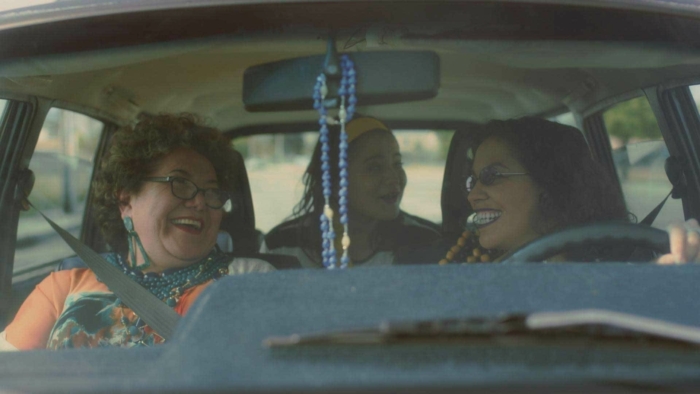
About the Author
More like this
Visit the Behind The Lens Blog